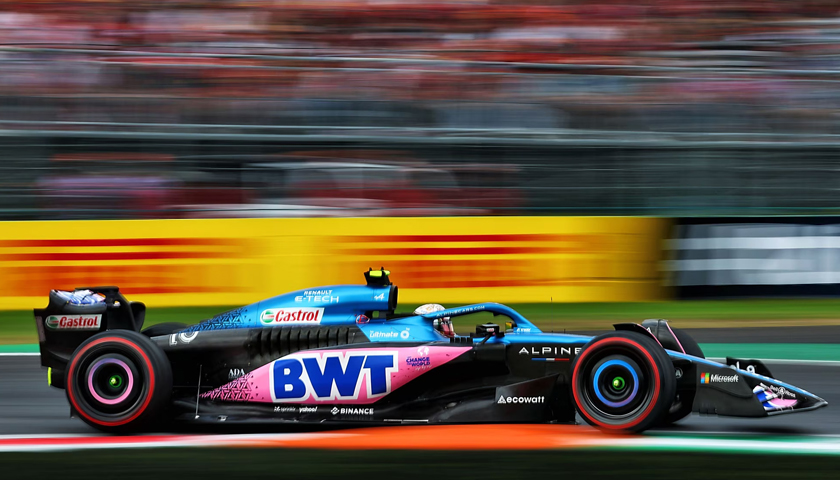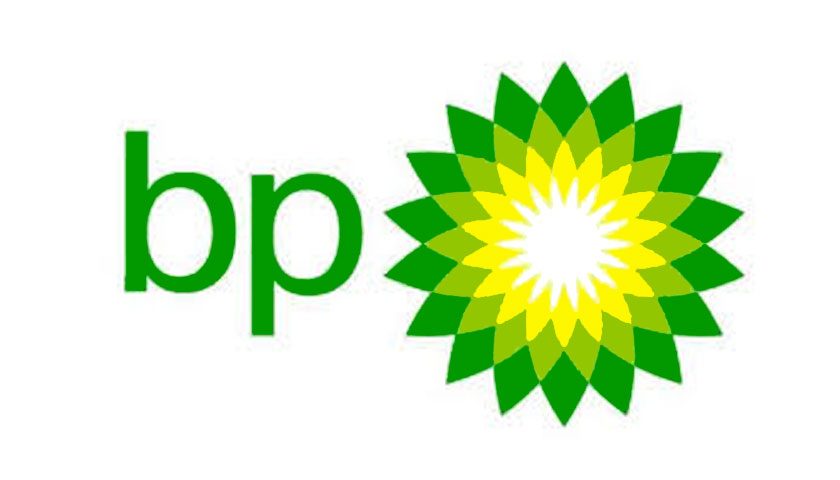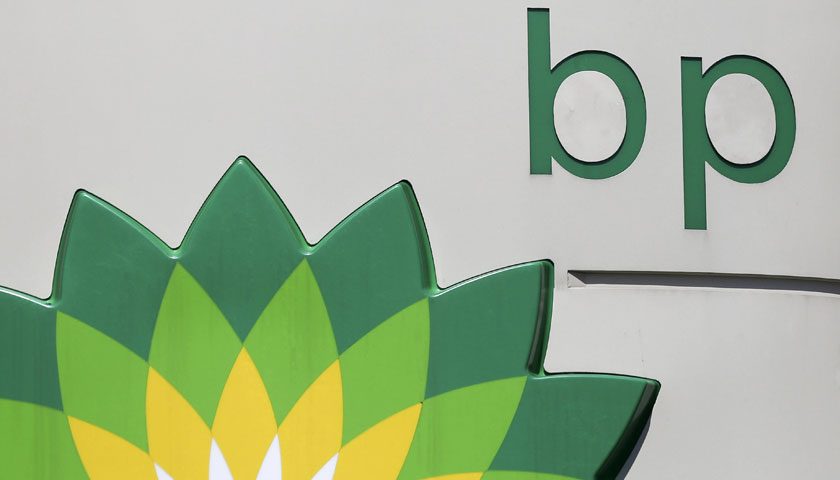Shaving milliseconds off an F1 driver’s race time can depend on what happens off the track as well as on it.
In our research centres around the world, fuel developers supporting the bp partnership with BWT Alpine F1® Team are working to identify a winning formula that will enable Alpine to comply with sustainable fuels requirements coming into effect for all teams in 2026. Their work will not only impact the team, but what they learn along the way may also have the potential to support the development of fuels and engine products used outside the sport.
The team is up against a deadline set by the world’s governing body for motor sport, the Fédération Internationale de l’Automobile (FIA). By the 2026 racing season, the Formula 1 Technical Regulations will require that all the fuel used in F1 races will have to be what the FIA calls ‘advanced sustainable fuels’ – made from renewable or waste-based sources, such as agricultural waste, non-food biomass or carbon capture scheme, and which deliver a minimum greenhouse gas emission reduction consistent with the EU Renewable Energy Directive.
This makes the 2026 season an important checkpoint along the sport’s wider journey to reach its net zero by 2030 target.
“The world needs change and it’s definitely a tough commitment that Formula 1 is taking, because 2030 is coming very close, and a lot of technology needs to change to get there,” says BWT Alpine F1® Team driver Esteban Ocon. “We’ve seen that a sustainable fuel in F1 will not mean less performance.”
The right formula
In the search for the right formula, scientists and engineers are constantly developing and testing new components and blends.
A large part of their job is to fully understand the capabilities of the feedstocks that can be used in lower carbon fuels and how they could work in F1’s extreme environment. The feedstock that can be used in sustainable fuels from 2026 can come from many different sustainable sources, such as a carbon capture scheme, municipal waste, or non-food biomass.. Strict rules set by the FIA dictate the feedstocks that can go into the fuel.
“The blends we create need to maximize efficiency and power,” explains bp expert technologist Andres Garcia Trenco. “There are many components that you could use to formulate this fuel and we need to seek out what works best for BWT Alpine F1® Team, and also certify that it’s compliant with the regulations.”
bp normally develops new fuels annually for BWT Alpine F1® Team, tweaking the blend for higher performance and engine efficiency. Fuel used on the track is also tested there throughout the racing season to ensure it’s compliant with the latest regulations.
The current regulations, introduced in 2022, stipulate that F1 teams use E10 fuel – a blend that’s 90% fuel and 10% renewable ethanol – from 2022 to 2025, and the process to develop that fuel had some similarities to developing a new sustainable fuel for 2026.
“Our engineers and chemists work closely with BWT Alpine F1® Team to help formulate the recipe for the fuel used on the track,” says bp’s motorsport team leader, Chris Turner. bp then partners with dedicated fuel blenders in the UK.
“Once the fuel is blended, we do all the analysis, check the quality, check the fuels are meeting all the parameters and specifications based on our models and predictions. Then, it’s ready for performance testing at Alpine F1’s Paris facility,” explains Andres.
The teams aim to simulate race conditions as closely as possible, and fuel is tested in an F1 engine – albeit with no car in sight. Together, bp and Alpine teams examine the performance of each molecule in the fuel to understand how they work.
“We do all this, and then the process starts again to identify what can improve performance even more,” says Andres.
Fast track
This intense environment for F1 fuel development drives progress far faster than commercial road fuels, which can take many years to advance.
“We essentially use F1 like a sandbox, where we can try new technologies, fail fast, pivot, move on to the next idea, and so on until we maximize the performance of the fuel,” says Chris. “F1’s tight timelines have given everyone in the motorsport industry a push. The F1 regulations are driving innovation of new sustainable fuel feedstocks and components at an accelerated rate.”
The rigorous testing means that bp teams are constantly learning, and their knowledge can often be applied outside bp’s motor racing division, too.
“The research we do along this fast-paced journey can lead to breakthroughs that we can potentially use throughout bp and Castrol in a variety of ways,” says Chris.
While it’s rare for products used in motorsport to be commercialized in their entirety, that’s precisely what happened with the Castrol ON EV Thermal fluid, a product now marketed for direct cooling of EV battery cells that helps to reduce the maximum temperature reached during ultra-fast charging.
“We essentially use F1 like a sandbox, where we can try new technologies, fail fast, pivot, move on to the next idea, and so on until we maximize the performance of the fuel.”
Chris Turner, bp’s motorsport team leader
Originally developed for BWT Alpine F1® Team’s cars, Castrol saw how the product could be commercialized for use in some road-going EVs.
“The resulting Castrol ON 1st Gen EV-Thermal Fluid is the same formulation that was initially developed for Alpine,” says Chris.
“Part of the idea behind Formula 1 is to help to develop the automotive technology of the future, including fuels. It’s exciting to think that what we develop for the track could end up helping to accelerate the decarbonization of the wider transport sector over the decades to come.”
💡 Why it matters
We believe biofuels have a vital role to play as part of a lower carbon energy mix, particularly for use helping to decarbonize hard-to-electrify sectors, such as heavy transport and aviation.
With millions of people around the world following F1 (the total global TV audience in 2021 was 1.55 billion), the FIA’s mandating of sustainable fuels in their 2026 Technical Regulations will hopefully promote both awareness and understanding of their wider use.
What’s more, the development of biofuels for Formula 1, including 2026 sustainable fuel, could potentially have benefits for biofuels development for other vehicles outside motorsport.
Bioenergy, including biofuels, is one of our five transition growth engines, alongside EV charging, convenience, hydrogen and renewables & power. We are planning major biofuels projects at five existing bp facilities, which we aim to start up before 2030. These projects are expected to contribute, along with other types of biofuels production, towards bp’s aim to produce around 100,000 barrels of biofuels per day by 2030.
bp’s wider transformation is under way. While we’re mostly in oil & gas today, we’ve increased global investment into our lower carbon businesses, convenience stores and power trading from around 3% in 2019 to around 30% last year.



